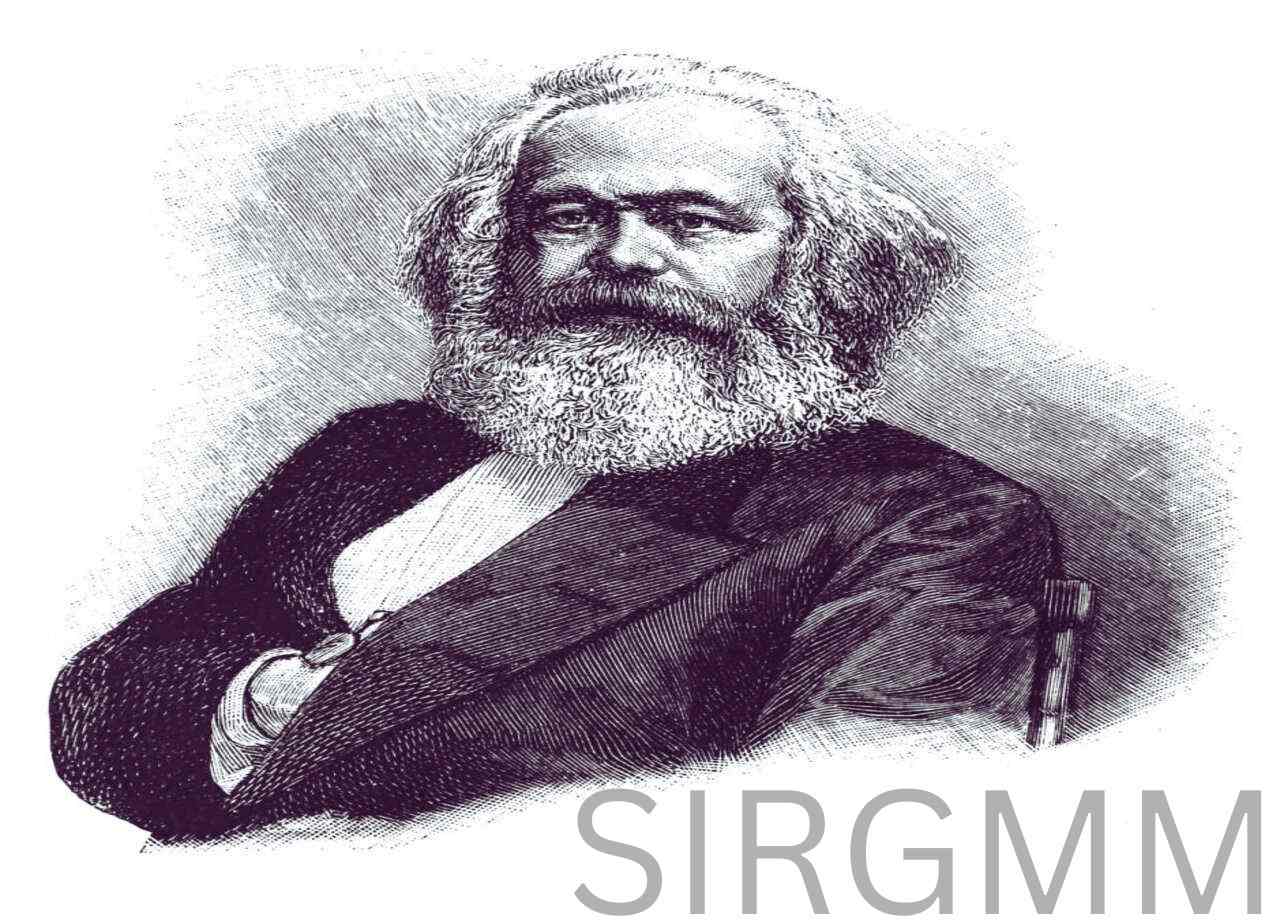Understanding Karl Marx's Views on Revolution and Change in Society
Karl Marx wrote that religion was like opium that showed people sweet dreams.
Marx understood that change was not possible until the workers overthrew the capitalists. He thought that war and bloodshed were necessary for change. Why did he think so? Marx borrowed this idea from the French revolution that overthrew the monarchy after bloodshed.
However, Marx believed that the outcome of the French Revolution did not live up to the expectations of the people. Even after the bloodshed of thousands of compatriots, the French people were left in despair. Because after Napoleon’s era, the former monarchy was restored. And Napoleon was also an emperor, not a communist or a democratic leader. Karl Marx didn’t want any revolution based on his ideas to end up like the French revolution.
Exploring Karl Marx's Two-Stage Ideal Communist Society
Marx envisioned the establishment of an ideal communist society in two stages after the revolution. In the 1st step, the working class would bring revolution and seize the government from the capitalists. At this stage, workers would have complete control over the government and the economy. This government would give everyone a fair payment for their labor.
That is, the capitalists would not pay the workers, but the government would determine their payment. In this way, there would be no excessive wealth and nobody would become a billionaire or a trillionaire. When this phase was completed then the second phase would start. At this stage, communism would be practically shaped. It would establish a society in which there would be no class division and no government.
In such a society, every person would get a job according to his abilities and his earning would be enough for his needs. This means that there would be no government, state, law, court, etc. This society would run on autopilot. So this was Marx’s communist philosophy, also called Marxism. Marx designed the system with the help of his friend Friedrich Engels.
Karl Marx's Exile and Persecution by Anti-Revolutionary Forces
In the 1880s, They contacted international socialist movements to advertise their new system. As Karl Marx was fighting against capitalism, the anti-revolutionary forces were also active against him. The government of Marx’s native state Prussia feared that Marx was plotting against it in exile. So they put pressure on the French government to expel Karl Marx.
The French government was also concerned about Marx because revolutionary movements were reemerging in France. The French government deported Marx in 1845. Marx was once again exiled. But he didn’t return to his native Prussian state, instead, he moved to Belgium. But the German police still spied on Marx. They also asked the Belgian government to deport him. Marx didn’t want to be deported again.
So he renounced his Prussian citizenship. The Belgian government allowed him to stay after the written guarantee that he wouldn’t join political activities. Marx never got citizenship of any country again. Although he once tried to regain Prussian citizenship but failed.


2 thoughts on “Who was Karl Marx | Part 10”